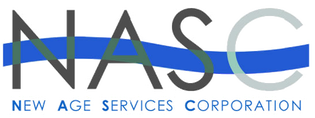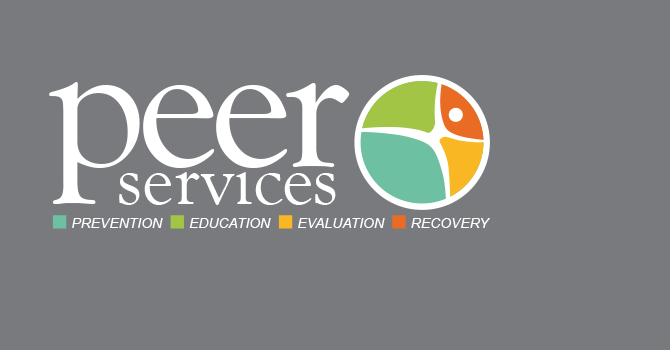What is Rapid Drug Detox?
For someone suffering a drug and alcohol addiction who is wishing to become sober, the thought of enduring weeks of physical withdrawal, such as cramping, vomiting, muscle spasms, cold sweats, and shaking, can be a major obstacle to seeking treatment. Rapid drug detox promises to remove this hurdle so that the individual can focus on their long term recovery.
Rapid drug detox is a process of using powerful medications to quickly remove opioid drugs out of a person’s system, which significantly shortens the withdrawal period. In a rapid drug detox procedure, the patient is sedated, given medication to flush the opiates out of the body and to block the opioid receptors in the brain. When the patient awakes, the withdrawal symptoms have ended and the physical addiction has been abated.
What Are the Risks of Rapid Drug Detox?
Rapid drug detox still carries the same risks as any other type of detoxification, namely spikes in blood pressure, seizures, and convulsions. Since the procedure is completed in a clinical setting, medical personnel are on hand to treat adverse reactions. Patients undergoing rapid drug detox are also at risk for respiratory complications that are associated with anesthesia – the same as with any other medical procedure where a patient is put under deep sedation. These risks increase with certain medical conditions, making it imperative that the patient disclose his or her full medical history.
The Controversy Over Rapid Drug Detox
There has been some controversy in the medical field in regards to whether or not the risks associated with rapid drug detox are worth the results. There are other methods of detoxification that do not carry the risks or benefits associated with rapid drug detox. It is up to each patient, in conjunction with their doctor, to decide if the benefits of rapid drug detox truly outweigh the risks.
Is Rapid Drug Detox Effective?
Rapid drug detox is widely considered to be an effective opiate drug detoxification method. At the end of the procedure, the patient will have a body that is free of drugs without having to consciously endure withdrawal symptoms. What must be understood is that detox is not the same as rehabilitation. While rapid drug detox removes the unpleasant withdrawal period, this detoxification method does not address the mental aspects of addiction. Drug rehab, medication replacement, therapy, and/or support groups are still needed to help the patient maintain long term sobriety.


